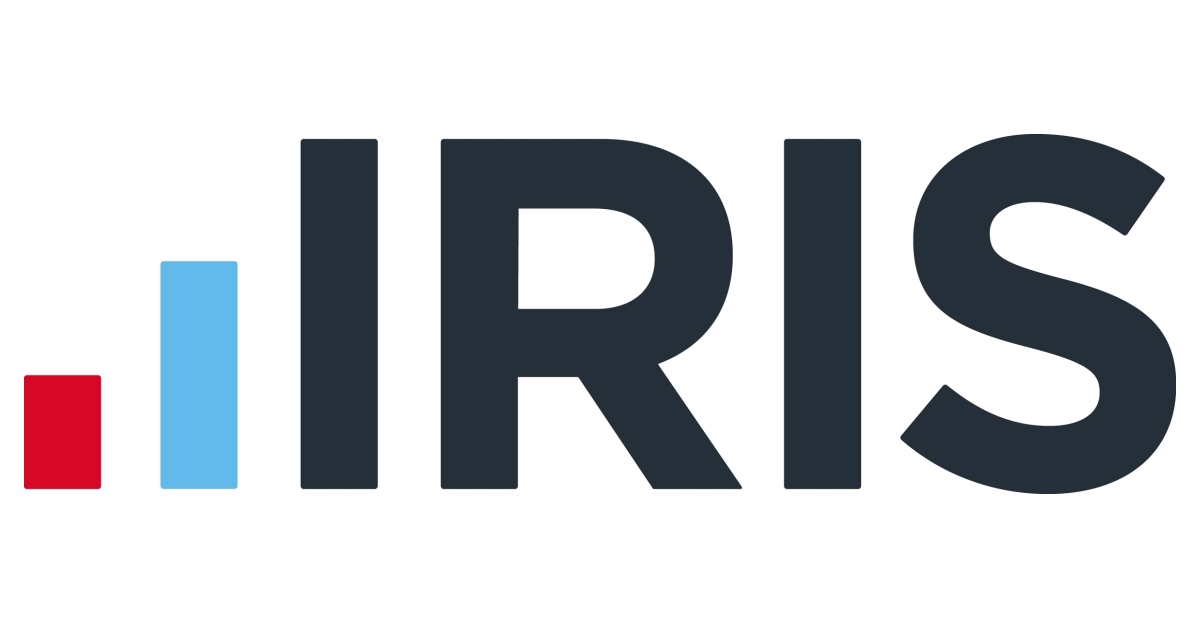If you’ve just set up your limited company, you may be asking yourself one of many questions – how to pay corporation tax.
Every year you’re legally obliged to file a corporation tax return with HMRC and settle any outstanding tax liabilities you may owe.
Unlike income tax through PAYE, the Revenue doesn’t automatically collect corporation tax.
So, if you’re wondering how to pay corporation tax, this article will act as a helpful guide.
Calculating corporation tax
You can calculate the tax you owe from your company’s net profits from the year. The dates may change depending on when you formed your company in the first place, so not all companies will have the same filing date.
From 1 April 2023, smaller companies with a turnover of £50,000 or less will pay the small profits rate of 19%.
Companies with a turnover of £250,000 or more will pay the new rate of 25%. Anyone in between will pay the main rate of 25%, but it will reduce with marginal relief.
Any companies with an accounting period of less than a year will have their relief reduced proportionately. The same applies if you have any associated companies, which HMRC will consider when it comes to your marginal relief.
When completing your corporation tax return, you’ll calculate your corporation tax bill based on your profit or loss from your annual accounts.
Paying corporation tax
All companies with taxable profits of up to £1.5 million will have nine months and one day after their year-end to pay their tax bill.
Usually, this will count as your financial year, but you may have two accounting periods in the year, depending on when you formed your company.
Any companies with taxable profits of more than £1.5m will have to pay their bill in instalments. There are separate rules and deadlines for the following:
- companies with taxable profits between £1.5m and £20m
- companies with taxable profits exceeding £20m.
There are several ways to pay your corporation tax bill, each with its own time allowance.
Same or next-day payments
- online or telephone banking by CHAPS or Faster Payment
- through your online bank account.
In three working days
- online or telephone banking via Bacs
- direct debit (if you’ve already set one up)
- online with a debit or corporate credit card
- at your bank or building society.
In five working days
- direct debit (if you haven’t set one up).
If your deadline falls on a weekend or bank holiday, you must ensure your payment reaches HMRC the last working day before.
If you don’t owe any corporation tax, you’ll need to send through a no corporation tax payment due form alongside your corporation tax return. This will officially declare to HMRC that you haven’t made a profit over the year.
We can help
For new companies, corporation tax can be confusing, especially if you’re used to filing a self-assessment. We’re on hand to help guide you through the process, so you know you’re on the right track.
Get in touch to discuss your corporation tax payments.






